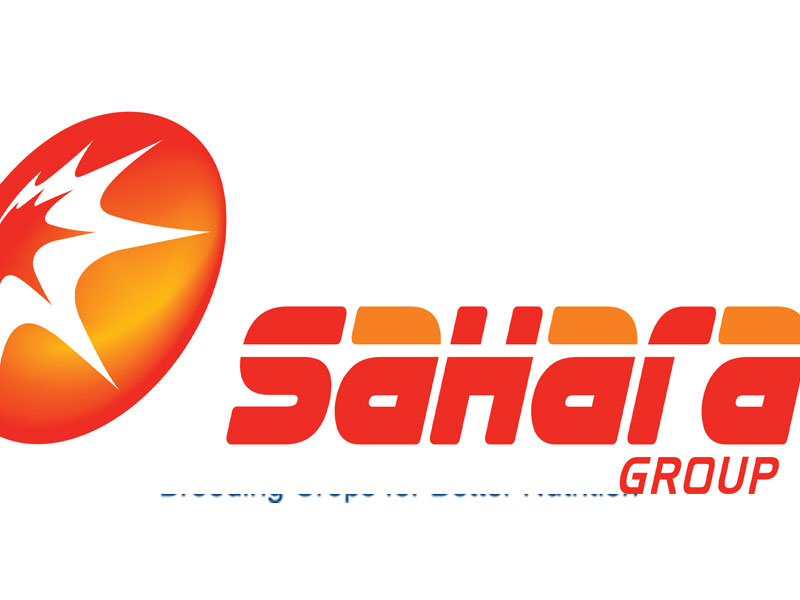By Oke Peter
Vice-President Yemi Osinbajo on monday in Jakarta, Indonesia, said Nigeria was yet to overcome the consequences of the shady award of OPL 245 to Malabu Oil and Gas Limited in 1998.
Osinbajo made the remark while addressing the conference on beneficial ownership organised by the Extractive Industries Transparency Initiative (EITI).
Malabu, which has been described as one of the largest corruption scandals in the global oil industry involved controversial $1.3 billion deal on OPL 245 perceived as the most valuable oil field in West Africa.
Investigation on the scam is being conducted in Nigeria, Italy and Netherlands because of the involvement of oil giants, Shell and ENI, as the oil block, comprising about 9 billion barrels of crude oil, was sold to Shell and ENI at the rate of $1.3 billion in 2011.
The proceeds were said to have been shared among public officials in Nigeria as bribes while the government allegedly got $210 million as signature bonus on OPL 245.
But Osinbajo, in his speech, observed that the scam had been a subject of criminal and civil proceedings in different countries with huge legal costs while the intended blessings of the natural resource has continued to elude Nigerians.
He said hidden corporate ownership poses real and present danger to Nigeria and most countries, especially developing nations.
“Masked or hidden corporate ownership is deeply implicated in the sad story of our underdevelopment,” the vice president said.
He cited a 2014 report by the One Campaign, titled: ‘One Trillion Dollar Scandal,’ which claims that developing countries lose $1 trillion annually to corporate transgressions – most of it traceable to the activities of companies with secret ownership – and a 2015 report of the High Level Panel on Illicit Financial Flows from Africa which noted that Africa had lost over $1 trillion over a 50-year period and loses more than $50 billion annually to illicit financial flows.
Noting that most of these illicit flows are perpetrated in the extractive sector and through companies with hidden ownership, Osinbajo said: “So for us in the developing world and especially in Africa, breaking the wall of secret corporate ownership is an existential matter. It is for us literarily a matter of life and death.”
He added that while anonymous companies were not always illegal or not always designed to harm, the secrecy around their ownership provides a convenient cover for criminals and corrupt individuals.
“Our lives experience has shown clearly that anonymous corporate ownership could serve as vehicles for masking conflicts of interest, corruption, tax evasion, money laundering, and even terrorism financing,” he said.
Buttressing his point, Osinbajo said Nigeria had been contending with the consequences of such opaque company ownership.
“Nigeria is still grappling with the negative consequences of the use of opacity by senior members of government and their cronies between 1993 and 1998, awarding themselves juicy contracts in the extractive industry. One of such incidents involving a company called Malabu Oil and Gas has been and is still subject of criminal and civil proceedings in many parts of the world which involves huge legal costs while the full benefit of the natural resource remains unexploited for the benefit of the people of Nigeria to which it belongs,“ he said.
Calling for global efforts to tackle the problem of hidden corporate ownership, the vice president said this was not just a developing world’s problem, adding: “We live in a more inter-connected world, and anonymous companies have footprints and tentacles that do not respect the developed/developing divide.”
He said even when the degree of exposure might differ, the whole world was at risk of the dangers posed by anonymous corporate ownership. Osibanjo said the Panama Papers clearly illustrated the global scale and spread of this problem, noting that this is a global challenge and nothing less than a truly global approach will be needed to tackle it.
He commended the United Kingdom, Norway, Netherlands and Denmark for leading the way in establishing public registers of the real human owners of companies in their countries, and called on other G8 and G20 countries not only to follow suit by initiating actions to end corporate secrecy at home but also in their dependencies.
“It is important to underscore the fact that opacity in one section of the globe undermines openness in the other. We need to break down this wall together as we are all at risk of the evil effects of opacity in business ownership,” he said.
While lauding Open Ownership and its partners for establishing a global register of beneficial ownership with entries on about two million countries, he noted that current legislative measures in those countries may need to go farther to effectively discourage or totally prohibit non-disclosure agreements with big corporates, and to re-evaluate the use of secret trusts to hide beneficial ownership from the prying eyes of the law.
He observed that laws passed in some very developed countries did not go far enough to set the examples really needed as they did not cover territories and dependencies where most of the stolen assets from developed countries ended up.
Osinbajo said while governments and citizens stand to benefit from increased revenues, better law enforcement in this area should improve citizens’ welfare as a result of more ownership transparency.
He however warned that care must be taken not to frame this campaign as a zero-sum between society and business.
“Legitimate businesses benefit not only from the better business climate that results when governments better serve their citizens but also from knowing who they are doing businesses with or competing against, they benefit from a level playing field, lower costs of doing business, and from reduced reputational risks,” he added.
The vice president seized the opportunity to list actions taken by Nigeria in tackling this problem. Recalling that Nigeria was one of the first set of countries to join the EITI, one of the 12 EITI-implementing countries that piloted beneficial ownership disclosure, and one of the few countries that have disclosed beneficial ownership details in three audit reports, he said through Nigeria Extractive Industries Transparency Initiative (NEITI), a comprehensive roadmap that would culminate in the establishment of the register of beneficial owners of companies operating in the nation’s extractive sector had been published.
Osinbajo said Nigeria was taking the initiative beyond the extractive sector, citing the commitment President Muhammadu Buhari made at the May 2016 London Anti-Corruption Summit to establish a public register of the beneficial owners of all companies operating in the country.
“In December 2016, Nigeria joined the Open Government Partnership (OGP) and submitted a National Action Plan that prioritises the establishment of this all-encompassing and publicly accessible register. These are commitments that we made with all sense of seriousness. They are commitments that we made not because we are seeking applause or commendation, but because we are convinced they are in our best interests.
“To further reinforce our determination by our course of actions we presented a draft Money Laundering Prevention and Prohibition Bill to the National Assembly in 2016. The 2016 draft Money Laundering (Prohibition) (Amendment) Act attempts to cure the deficiency of the 2011 Act Money Laundering (Prohibition) (Amendment) Act No. 11, 2011 to bring it in line with the FATF standards and it contains robust provisions on removing the barriers to full beneficial ownership disclosure in our laws,” he said.
In his remarks, Indonesian President, Joko Widodo, while noting that his country is a victim of hidden corporate ownership, said despite being the 15th largest economy, tax revenue was still very low. He added that the leaked Panama papers, which had several Indonesian names helped his country to put pressure on corporate tax evaders.
He therefore called for automatic exchange of information among all countries so that there will be no safe havens anywhere in the world for companies with opaque ownership.
Top Nigerian officials on the entourage of the Vice President billed to participate in various panels at the conference include Minister of Solid Minerals, Dr. Kayode Fayemi; Minister of State for Budget and Planning, Mrs. Zainab Ahmed; Executive Secretary of NEITI, Mr. Waziri Adio; and some senior officials of the Nigerian National Petroleum Corporation (NNPC).
Source: NAN




